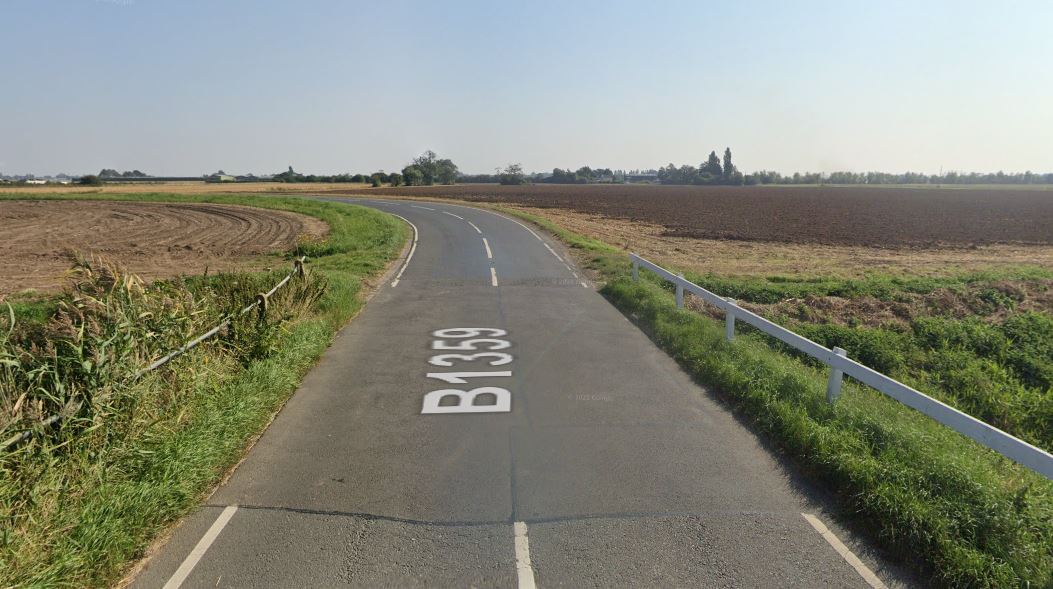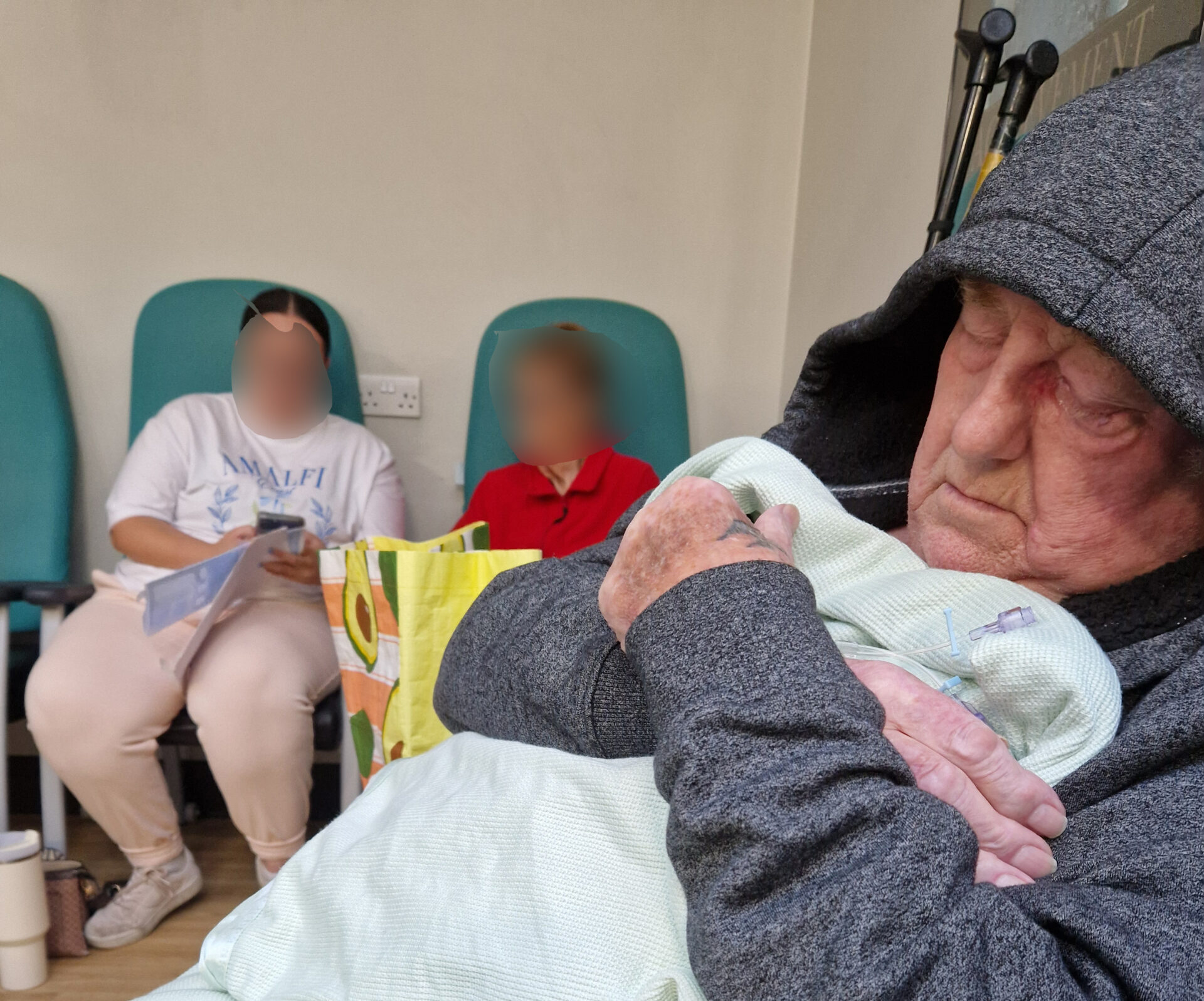From next month, repeat prescriptions must be ordered manually each time they are needed in an attempt by the NHS to reduce waste.
From February 1, pharmacies in South Lincolnshire will no longer be able to re-order medication on repeat prescription for patients.
Instead, patients must “manage their own repeat prescriptions by requesting items online, or by handing paper copies of their prescription with the items they need to their GP”, the notice from South Lincolnshire Clinical Commissioning Group (CCG) and South West Lincolnshire CCG says.
A spokesman for South Lincolnshire CCG said the decision is “first and foremost about personal safety” and is also “to help the NHS.”
The spokesman was unable to say how much money is expected to be saved by the change in the prescription process.
The NHS statement says: “By targeting medicines waste we are able to reduce stockpiling of medicines, and improve patient safety by reducing the need to store and monitor the life of medicines dispensed to patients.
“This will also help to reduce the cost of medicines returned to us, or which remains unused at home, meaning we can make best use of our resources.”
Patients and carers who require a lot of medicines regularly are critical of the change, however, describing it as “confusing and inconvenient”.
A carer, who wished to remain anonymous and who requires multiple repeat prescriptions for her loved one, said: “This system seems a lot less streamlined. It’s inconvenient for someone who has to collect a lot of medicines. I have enough things to remember without adding this to the mix.
“I’ll have to set a whole list of reminders.”
A separate NHS leaflet distributed to patients and carers says from January 31, repeat prescriptions must be ordered online, on the phone (some surgeries, including Holbeach Medical Centre and Munro Medical Centre in Spalding won’t allow this), in person at the patient’s practice or via letter.
The concerned carer said she has not had any contact from her surgery or pharmacist regarding information on when to start ordering medicines. “Some of it has a really short shelf-life so can’t be stored for long,” she said.
“Another medicine we have on repeat is a special order so I don’t know how long in advance I have to order it to make sure I get it in time,” the carer added.
The leaflet requests that patients “don’t order until you have seven days of medicines left. It takes the practice two working days to issue a prescription”.
A Healthwatch Lincolnshire spokesman anticipates concerns: “Concerns will be everything from ‘will I run out of my tablets and not be able to get any more medication’, to a feeling of losing control of when, where and how someone can get their medication.
“Healthwatch is also concerned about the number of patients that tell us they struggle to get timely appointments to see a GP, and this might lead to difficulties if a patient has almost run out of medication. ”
However, Healthwatch doesn’t forsee a major problem with the change.
The NHS says some exceptions to the rule will be made on a case by case basis for those “having a vulnerability or condition that requires the continuation of this service out of necessity.”
Sarah Fletcher, CEO of Healthwatch Lincolnshire said: “If you take medication on a regular basis and your condition is stable, the proposed changes should not affect you.
“In any event where you experience problems with your medicine, tell your pharmacist and they can consult your GP. Speak to your doctor to find out what is possible for your medication.”
For more advice patients and carers can contact the Patient Advice and Liaison Service (PALS) on 0300 1239553 or email LHNT.LincsPALS@nhs.net






